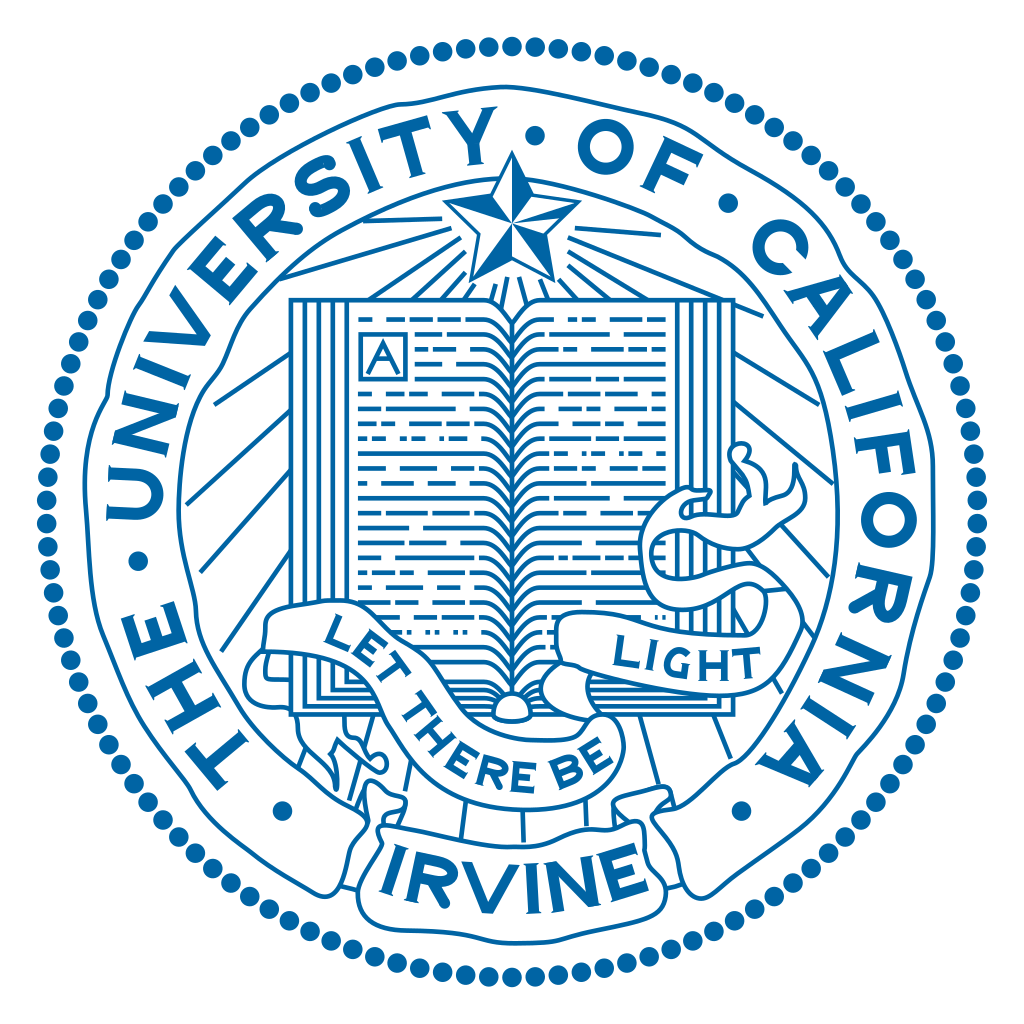
Zeyu (Peter) Li
Economist and Data Scientist
I am an economist and data scientist with a Ph.D. in Economics from the University of California, Irvine. My research specializes in applied microeconomics with a focus on labor and housing markets, urban development, and education policy. I work with diverse datasets—from surveys and administrative records to web-scraped data—and apply techniques like causal inference and machine learning to generate actionable insights. I am proficient in Stata, Python, and R for data cleaning, analysis, and visualization.
I am joining Google as a Data Scientist in July 2025.
 The New York Times
The New York Times Ph.D. in Economics, University of California, Irvine, 2025
Ph.D. in Economics, University of California, Irvine, 2025  M.S. in Economics, University of Wisconsin-Madison, 2019
M.S. in Economics, University of Wisconsin-Madison, 2019  B.A. in Economics, Central University of Finance and Economics, 2017
B.A. in Economics, Central University of Finance and Economics, 2017